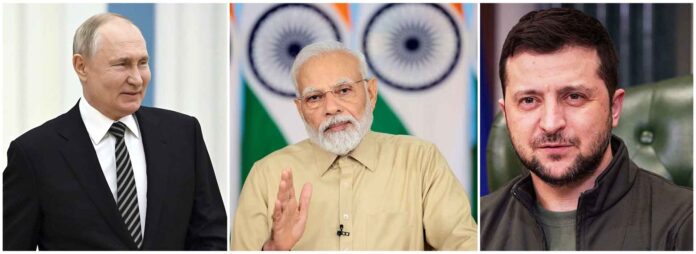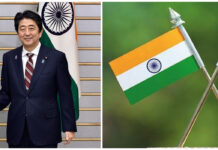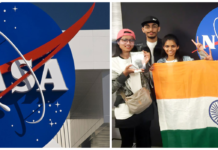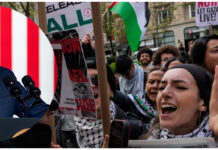In a world increasingly divided by geopolitical tensions, the role of diplomacy in fostering peace and understanding cannot be overstated. Amidst the backdrop of ongoing conflict in Ukraine, Indian Prime Minister Narendra Modi has taken a proactive step by reaching out to Russian President Vladimir Putin and Ukrainian President Volodymyr Zelenskyy. This move comes at a critical time when Switzerland is spearheading peace initiatives to resolve the conflict that has gripped Ukraine since 2022.
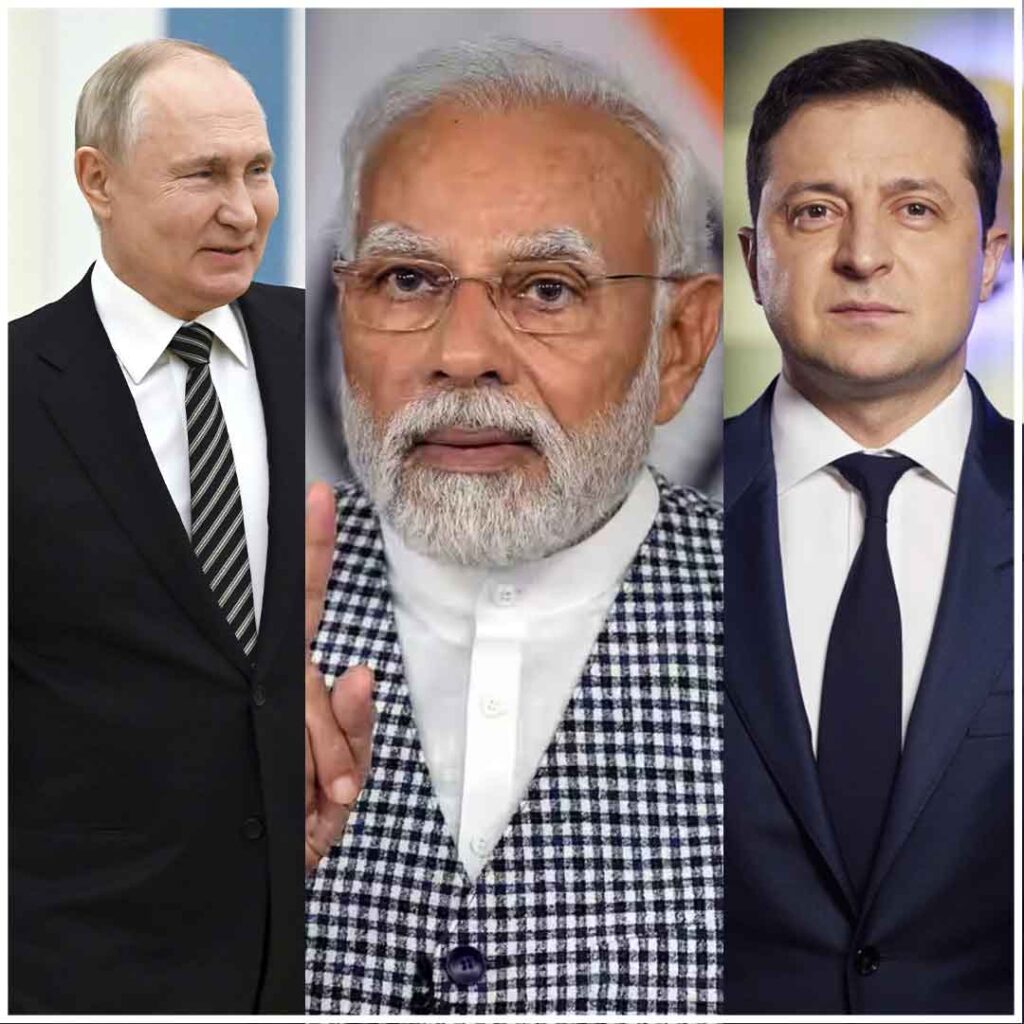
India’s Role on the Global Stage
India, under the leadership of PM Modi, has been gradually asserting its position as a significant player in global politics. The country’s foreign policy has evolved, focusing on a multipolar world order and maintaining strategic autonomy without aligning itself firmly with any global power bloc. By engaging in dialogue with both Putin and Zelenskyy, Modi not only reaffirms India’s commitment to peace but also its willingness to mediate in conflicts that have far-reaching implications for global stability and security.
India’s neutral stance in the Russia-Ukraine conflict has been a subject of much debate. While it has refrained from openly criticizing Russia’s actions, India has consistently called for dialogue and diplomacy as the only viable solution to the crisis. This balanced approach reflects India’s historical policy of non-alignment and its current strategic interests, including its dependence on Russia for defense supplies and energy resources.
The Significance of Modi’s Outreach
Prime Minister Modi’s outreach to the leaders of Russia and Ukraine signifies a nuanced understanding of the complexities of the current geopolitical landscape. By engaging with both sides of the conflict, Modi aims to convey a message of peace and the necessity of dialogue. This diplomatic gesture aligns with the broader Swiss-led peace initiatives, highlighting the importance of international cooperation in resolving conflicts.
Modi’s discussions with Putin and Zelenskyy are particularly noteworthy given India’s growing global influence. As the world’s largest democracy and a rising economic power, India’s voice carries weight on the international stage. Modi’s engagement in peace efforts demonstrates India’s readiness to contribute constructively to global governance and its aspiration to be a mediator in international disputes.
Challenges and Opportunities
While Modi’s diplomatic outreach is a positive development, it also presents challenges. The conflict in Ukraine is deeply entrenched, with significant political, territorial, and security implications for both Russia and Ukraine. Moreover, the involvement of Western powers and NATO adds layers of complexity to the situation, making a resolution challenging to achieve.
However, India’s involvement also opens up new avenues for diplomacy. As a country that maintains good relations with both Russia and the West, India is uniquely positioned to bridge gaps and facilitate dialogue. Furthermore, India’s concern over the global repercussions of the conflict, including disruptions to energy supplies and food security, adds urgency to its peace efforts.
Conclusion
Prime Minister Narendra Modi’s outreach to President Vladimir Putin and President Volodymyr Zelenskyy amid Swiss peace initiatives is a significant step in India’s diplomatic efforts to promote peace and stability in Ukraine. It underscores India’s evolving role on the global stage and its commitment to a balanced foreign policy. While the path to peace is fraught with challenges, India’s involvement highlights the potential for diplomacy and dialogue in navigating the complex geopolitics of the 21st century. As the international community continues to seek solutions to the Ukraine conflict, India’s proactive approach offers a glimmer of hope for a peaceful resolution.

